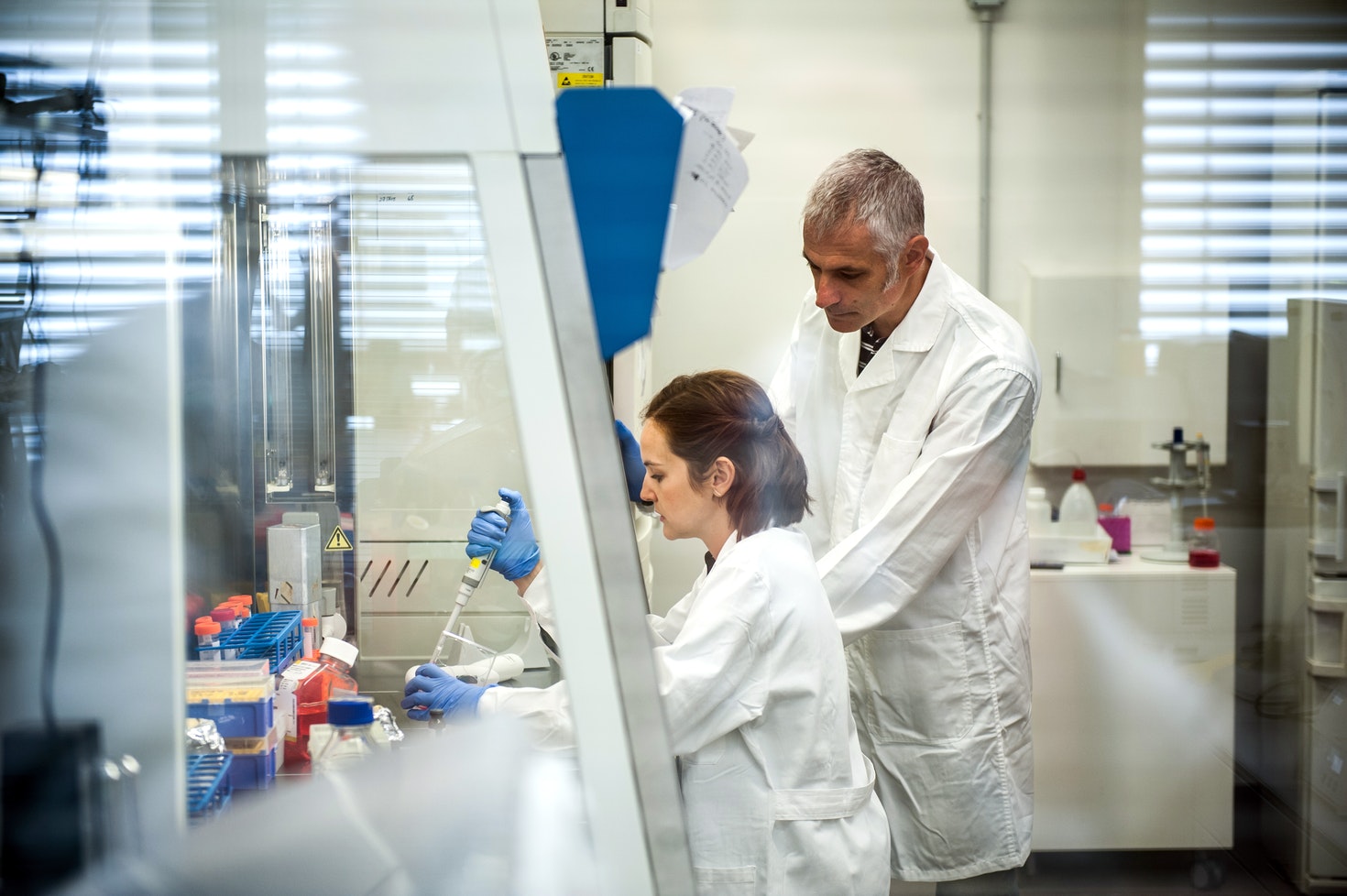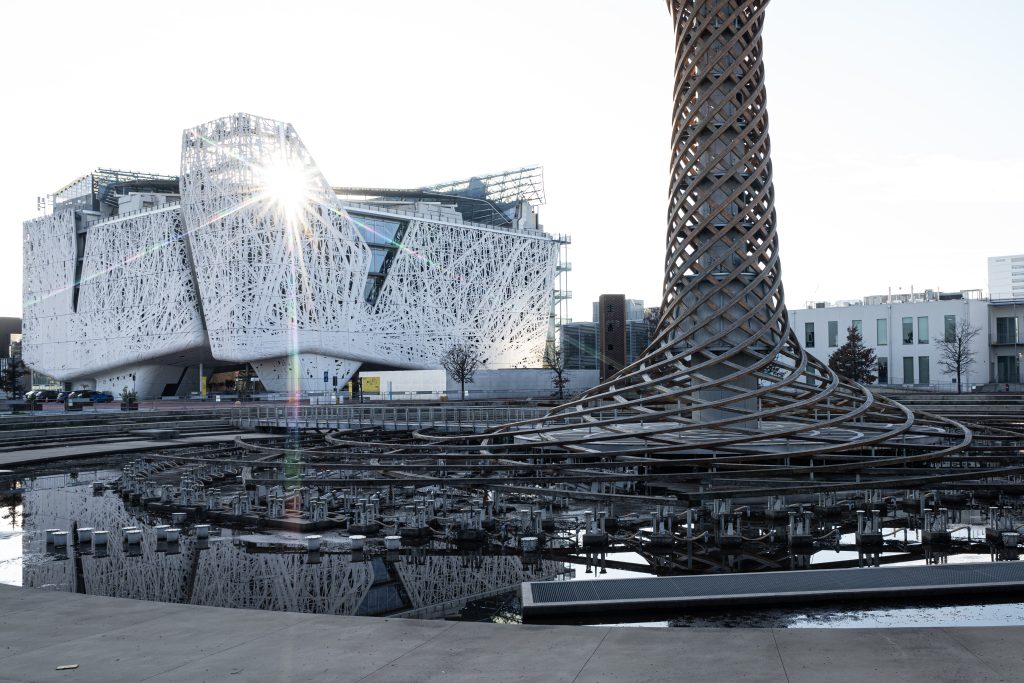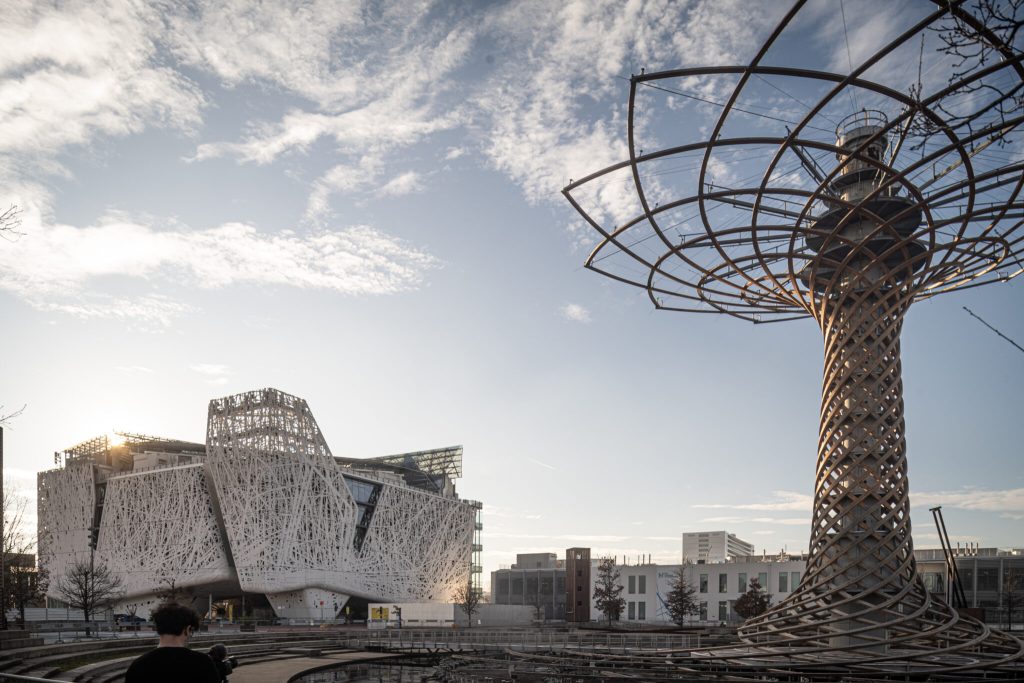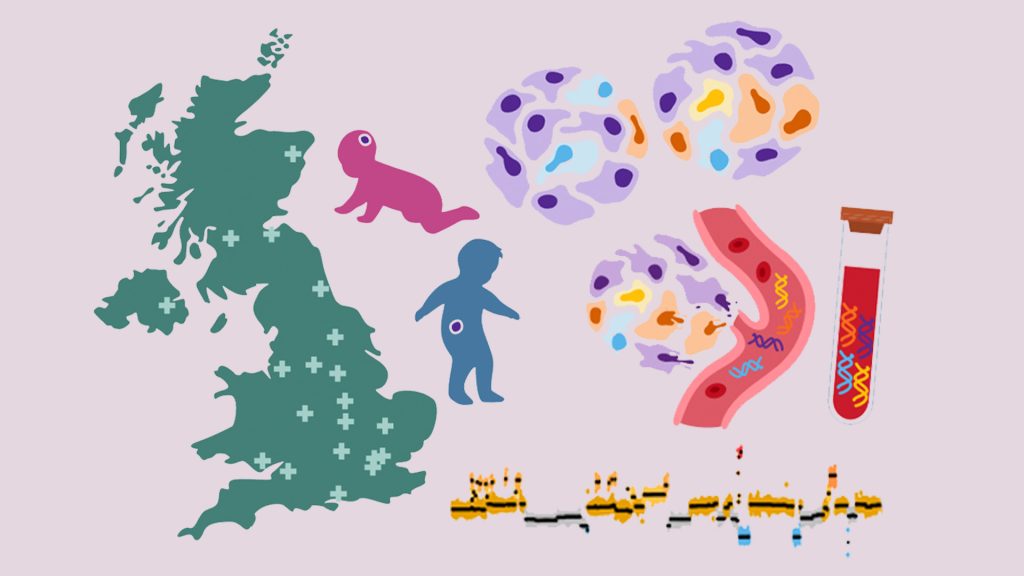Shifting focus from disease to human health

Eurac Research and Human Technopole have recently signed a three-year collaboration agreement. Once formalities were completed, researchers were already at work, collaborating side-by-side to enrich the CHRIS population study biobank and contribute to the future of medicine: investigating human biology to understand what happens before diseases occur.
The biobank of the CHRIS study carried out by Eurac Research collects biological, molecular and genetic data from 13,000 people living in Val Venosta. This is an important resource for scientific research which goes beyond the standard collection of clinical data. Over the years, researchers of the Institute of Biomedicine of Eurac Research have developed a dynamic platform which allows to correlate the information of each participant to the study – sample analysis, instrumental and genome-wide measurements, proteomic and metabolomic data, information on individual habits and medical history – drawing a complete picture of a person’s health. The platform is constantly evolving, enriched with new and more in-depth analysis and additional sub studies, carried out by recalling participants on the basis of specific clinical aspects or biological characteristics. The study is also strengthened thanks to its longitudinal nature: participants repeat the same tests every seven to ten years with the aim to increasingly integrate participants’ health data into the biobank.
The biobank is at the heart of the collaboration between Human Technopole and Eurac Research. Because of its overall characteristics, CHRIS stands out against other epidemiological studies for its ability to allow researchers to focus on what happens before the onset of diseases.
“Medical research must shift its attention from disease to health. How? More studies like CHRIS in different Italian regions would be a great start”, underlines Emanuele di Angelantonio, Head of the Health Data Science Centre at Human Technopole. “The CHRIS study follows people’s health in a continuous way, ‘from molecule to disease’. It starts from an accurate biological, molecular and genetic knowledge of its participants and then follows any transition phenomena and the development of diseases. Population studies which follow this approach are at the basis of the future of medicine: a predictive and precision approach to medicine based on people’s biology”. The collaboration between Di Angelantonio’s group and Eurac Research aims to continue along the path traced by CHRIS and replicate this approach within Italian medical research. Advancing the development of heath data science in Italy is among the aims of the new centre based in Milan.
“Cohort studies are already ongoing in Germany, the UK and other countries. These are fundamental for deepening our knowledge in the medical field. In Italy, the local entities which have carried out population studies of this kind are still few, and the existing studies are unable to reach the level of biological detail which allows to work on precision medicine”, comments Peter Pramstaller, Director of the Institute of Biomedicina at Eurac Research. According to the two experts, the collaboration between the two institutes will lead to the creation of a strong competence centre on this type of research and could favour the kick-off of new regional population studies which in the future serve as a basis for a national initiative. Starting these studies from scratch is very challenging. Structuring the logistics, the ethical, legal and IT issues require years of work, but thanks to the collaboration with HT, the experience of the South Tyrolean group will be made available to other entities that will be able to rely on tested protocols and procedures.
Eurac Research is a private research centre based in Bolzano. Studies are rooted in local issues to then develop on a global level. The research has a multidisciplinary approach and focuses on issues close to people’s needs, their health and the surrounding environment with the aim to improve quality of life in future societies. The centre has over 500 collaborators from over 35 countries.
Photo credits: Eurac Research – Ivo Corrà




